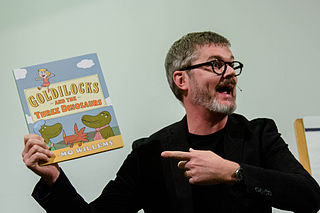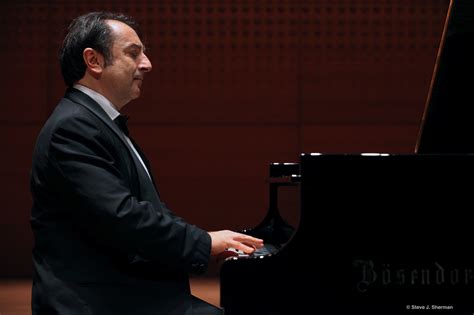A Quote by Maria Konnikova
An e-book is not a physical book. That point might seem trite until you stop for a moment to think how much simpler it is, in a certain sense, to destroy electronic than physical traces.
Related Quotes
A book, being a physical object, engenders a certain respect that zipping electrons cannot. Because you cannot turn a book off, because you have to hold it in your hands, because a book sits there, waiting for you, whether you think you want it or not, because of all these things, a book is a friend. It’s not just the content, but the physical being of a book that is there for you always and unconditionally.
It's actually as simple as this. New authors, building their customer base, need physical bookshops. Physical bookshops are lovely tactile, friendly, expert, welcoming places. Physical books, which can only be seen and handled in physical bookshops, are lovely, tactile things. Destroy those bookshops, and the very commercial and cultural base to the book industry is destroyed. Once and for all. Like Humpty Dumpty, it can never be put together again.
E-readers are uninspired. They're slabs of plastic with fiddly controls and display a badly-formatted, typographically impoverished rendering of a paper book. That's not the electronic book I want. I want a gorgeous physical object, with paper pages, that can transform into any story I choose, perfectly presented on the page.
I don't change the language for children books. I don't make the language simpler. I use words that they might have to look up in the dictionary. The books are shorter, but there's just not that much difference other than that to be honest. And the funny thing is, I have adult writer friends [to whom I would say], "Would you think of writing a children's book?" and they go, "No, God, I wouldn't know how." They're quite intimidated by the concept of it. And when I say to children's books writers, would they write an adult book, they say no because they think they're too good for it.
People who need to possess the physical copy of a book, and not merely an electronic version, are in some sense mysteics. We believe that the objects themselves are sacred, not just the stories they tell. We believe that books possess the power to transubstantiate, to turn darkness into light, to make being out of nothingness.
I don't think it is enough appreciated how much an outdoor book the Bible is. It is a "hypaethral book," such as Thoreau talked about - a book open to the sky. It is best read and understood outdoors, and the farther outdoors the better. Or that has been my experience of it. Passages that within walls seem improbable or incredible, outdoors seem merely natural. This is because outdoors we are confronted everywhere with wonders; we see that the miraculous is not extraordinary but the common mode of existence. It is our daily bread.




































